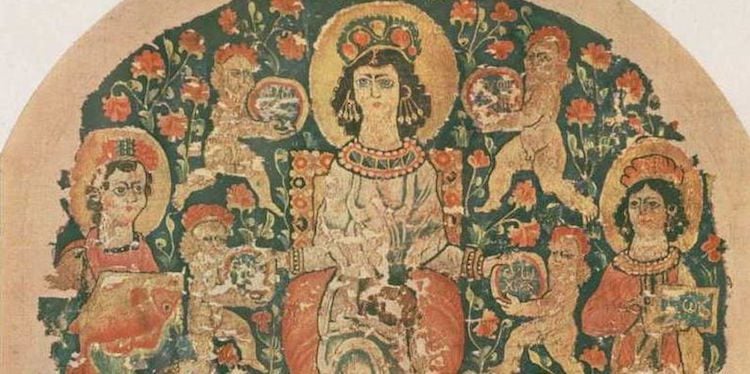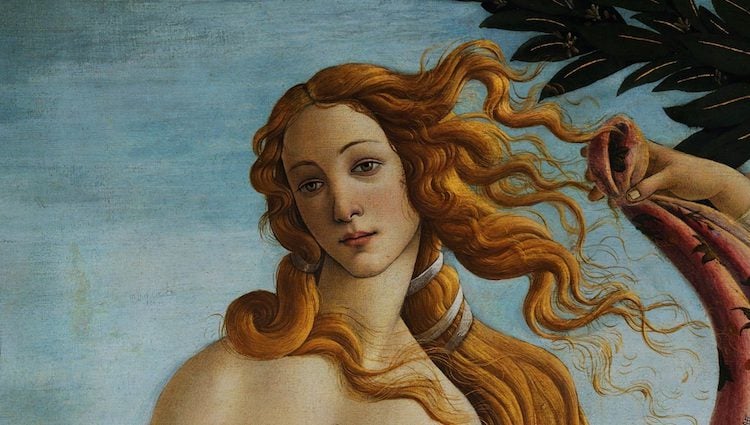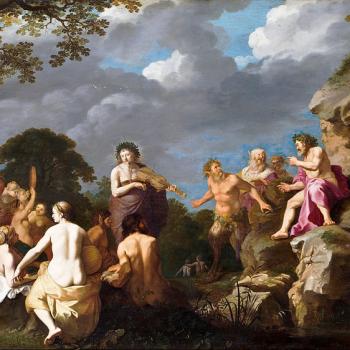“The beauty in Greek religion is the simplicity of worship. In our homes, worship is based on the PanHellenic tradition, but customizable so you may grow your own family tradition.”
This post is dedicated to all the beginners seeking guidance for their new path in Hellenism. I define Hellenism as the collective Greek ethos that stretches from the Myceneans (16th century BCE) to the present day. Religion is just one part of Hellenism. Hellenism is the collective culture of the Greeks, it encompasses all things Greek related such as language, philosophy, literature, history, architecture, food and so on.

I am guessing it is the gods that have drawn you in. That is a common entry point into Hellenism. I want to welcome you and give thanks to the gods for bringing you to Hellenism. There is an important question you must ask yourself. Why do you want to worship the gods? If your intentions are fueled by romanticism for the ancient world, I will ask that you temper your perceptions of what it means to practice Hellenism. The revival of Hellenism is not about strict reconstruction of the ancient modes of worship in all its forms. Instead, through the traditions which have been passed down to us, we like any religion, live in the realities of our times and as such follow necessity, as our guide to building our path today and into tomorrow. We do not seek to relive the past.
Below is a basic model for household worship which is honest and authentic to the PanHellenic tradition. This is a model for monthly ritual observance. Consider the following outline below as a seed which you can use to grow your own household tradition. It is the barebones to get you started. This can be done when it is appropriate for you. Either the first of the month, or near the changing of the zodiac signs (usually around the 20th and 22nd of the month) or the new moon of the current calendar month. Whatever works for you. The community which I am a part of celebrates festivals communally usually on the Saturday after the zodiac sign changes. Find the time frame that works for you.
Hellenic Ritual generally contains the four components:
1. Invocation to Hestia
2. Invocation to the god of the month. Right now, it is Aphrodite.
3. Invocation of your choice. This can be based on any PanHellenic festivals that happened during this month. You will need to research what festivals occurred during the month, to which god they were for and then to recite their hymn. You can also recite the hymn to any god you feel is needed to be said. Or skip step three altogether.
4. Offerings followed by a moment of contemplation. I like to burn incense at this point. You can do traditional offers such as wine, or something personal.
Let us practice. It is April, below is an example for this month’s home ritual. I have a candle for Hestia that I light before I open any ritual. It can be a dollar store candle, or you can be as elaborate as you like.

Hestia
Daughter of Kronos, venerable dame, the seat containing of unweary’d flame;
In sacred rites these ministers are thine, Mystics much-blessed, holy and divine
In thee, the Gods have fix’d place, strong, stable, basis of the mortal race:
Eternal, much-form’d ever-florid queen, laughing and blessed, and of lovely mien;
Accept these rites, accord each just desire, and gentle health, and needful good inspire.
Aphrodite
Ourania, illustrious, laughter-loving queen, sea-born, night-loving, of an awful mien; Crafty, from whom necessity first came, producing, nightly, all-connecting dame:’Tis thine the world with harmony to join, for all things spring from thee, O pow’r divine.The triple Fates are rul’d by thy decree, and all productions yield alike to thee: Whate’er the heav’ns, encircling all contain, earth fruit-producing, and the stormy main, Thy sway confesses, and obeys thy nod, awful attendant of the brumal God [Bakkhos]: Goddess of marriage, charming to the sight, mother of Loves, whom banquetings delight;Source of persuasion, secret, fav’ring queen, illustrious born, apparent and unseen: Spousal, lupercal, and to men inclin’d, prolific, most-desir’d, life-giving., kind: Great sceptre-bearer of the Gods, ’tis thine, mortals in necessary bands to join; And ev’ry tribe of savage monsters dire in magic chains to bind, thro’ mad desire.
Come, Cyprus-born, and to my pray’r incline, whether exalted in the heav’ns you shine, Or pleas’d in Syria’s temple to preside, or o’er th’ Egyptian plains thy car to guide, Fashion’d of gold; and near its sacred flood, fertile and fam’d to fix thy blest abode; Or if rejoicing in the azure shores, near where the sea with foaming billows roars, The circling choirs of mortals, thy delight, or beauteous nymphs, with eyes cerulean bright, Pleas’d by the dusty banks renown’d of old, to drive thy rapid, two-yok’d car of gold; Or if in Cyprus with thy mother fair, where married females praise thee ev’ry year, And beauteous virgins in the chorus join, Adonis pure to sing and thee divine; Come, all-attractive to my pray’r inclin’d, for thee, I call, with holy, reverent mind.
Hymn of Choice
April also is when we celebrate the festival for Aphrodite, so you can do any hymn you like at this point. Maybe thank a god that that helped you with something for example. Or just honor any god you will appropriate now. This step can be skipped.
Close with offerings followed by a moment of contemplation.

















